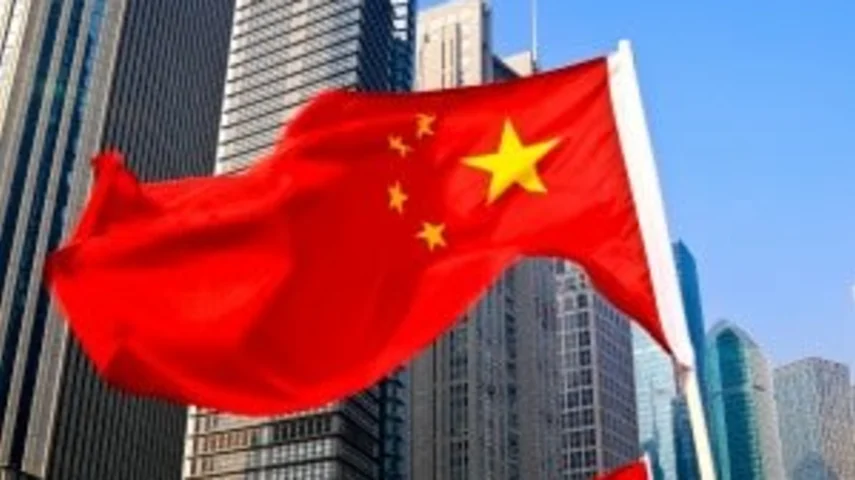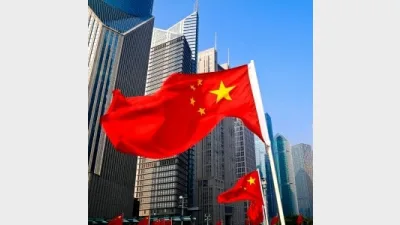Worst of Chinese regulation ‘behind us’



Recent regulatory changes in China have caused short-term headwinds for Chinese equities which Australian investors can capitalise on, according to American Century.
Speaking to Money Management, American Century senior investment director - Asia Pacific, Christopher Chen, said Chinese regulatory change was focused on prioritising social fairness and stability in localised areas of the economy rather than an attempt to completely change the course of its economic structure.
Examples which highlighted China’s focus on stability, Chen said, were its policies concerning the containment of financial risk, including anti-trust enforcement to reduce monopolistic practices and its regulation of leverage ratios for property developers.
He also made mention of China’s policies targeting some of the big online platforms such as improvements in data security regulations in how companies collect, store and use consumer data.
Chen said: “And I think one that became front of mind over the last couple of months is on common prosperity - in trying to reduce that social inequality. So things like creating more of an olive-shaped society, boosting discretionary income, upward mobility, or encouraging families to have more kids and making it easier to raise more kids.
“All these things are good things to aim for… and I think that where investors got spooked, which is often the case, is the lack of visibility and uncertainty around that policy implementation.
“But if we were to take a longer trend view, and if China is able to execute on these policies to achieve… their intended goals. We should be looking at a more orderly business environment and a more sustainable growth trajectory for China.
“We may see additional regulatory changes in areas fundamental to citizen’s well-being, such as health care services, food and drug safety, housing, and labour protection. Though additional regulations are likely, the most stringent changes may be behind us.”
While the business model of after school tutoring had been destroyed by Chinese regulatory change, other industries could stand to benefit from change, such as equities aligned with middle-class consumption or China’s green initiatives.
“One company that we like is Contemporary Amperex Technology (CAT) [who] are the world’s largest supplier of electric vehicle batteries, and they have about a 50% market share in China.
“And so that's a company where we think that the near-term policy headwinds are not going to really alter what [CAT’s] long-term trajectory is.
“I think when you look at the luxury consumption, there might be some sort of more uncertainties there, but middle-class consumption, it's in line with what the government wants to do in terms of creating this olive shaped income distribution.”
Chen said companies like Li-Ning, one of the leading athletic apparel companies in China, could experience regulatory tailwinds as it aligns with the Chinese government’s regulation of the amount of time children could play video games, as well as its intention to create an olive-shaped income distribution.
Recommended for you
Global asset manager Janus Henderson could be acquired after receiving a non-binding acquisition proposal jointly from a private investment firm and venture capital firm.
Investment manager Salter Brothers has partnered with private equity firm Kilara Capital to launch an Australian sustainable investment platform focusing on decarbonisation.
Fresh off launching three active ETFs to the Australian market, Avantis Investors is already planning to expand its range with two further products next year.
Ausbil is growing its active ETF range with an ESG product in collaboration with sister company Candriam.











